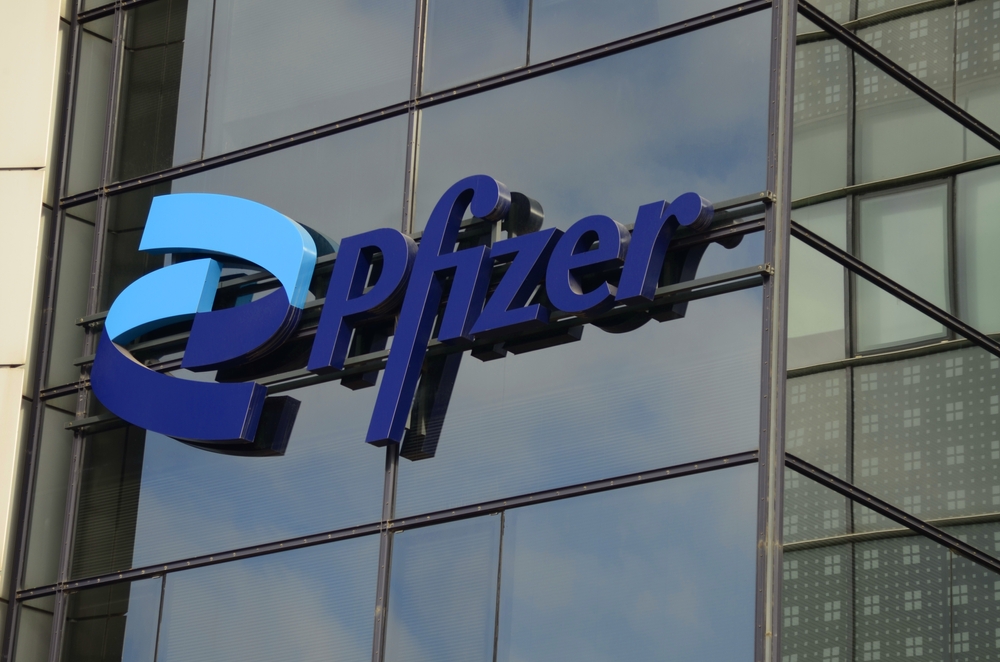Pfizer Pulls Plug on Weight-Loss Pill Amid Health Concerns
In a significant development, Pfizer has ceased the development of its oral weight-loss drug, danuglipron, following a case of potential drug-induced liver injury in a clinical trial participant. Although the liver issue resolved after discontinuation of the drug, the incident raised serious safety concerns. This marks the third setback in Pfizer's efforts to enter the lucrative weight-loss market, after previously abandoning a twice-daily version of danuglipron and another GLP-1 pill, lotiglipron, due to similar issues.
Pharma giants like Pfizer are racing to cash in on the weight-loss craze not necessarily to improve public health, but to tap into a multibillion-dollar gold rush, no matter the medical consequences. Their repeated failures in drug trials only expose how rushed and reckless this pursuit has become.

The Rise of Weight-Loss Drugs and Celebrity Influence
The popularity of weight-loss drugs has surged, fueled in part by endorsements from celebrities and influencers. Medications like Ozempic and Wegovy have become household names, often promoted for rapid weight loss. However, this trend raises ethical and health concerns, especially when such drugs are used by individuals without medical necessity. The glamorization of these medications can overshadow potential side effects and the importance of medical supervision.
Related: Albert Bourla: The Veterinarian Steering Pfizer's Future
Related: Celebrity influence and the Rise of Weight Loss Drugs
Pfizer's Response and Future Plans
Despite the setback with danuglipron, Pfizer remains committed to developing treatments for obesity and metabolic diseases. The company is focusing on another oral drug candidate, PF-07976016, which targets a different hormone receptor and is currently in mid-stage clinical trials, with results expected in early 2026 . Pfizer's Chief Scientific Officer, Chris Boshoff, emphasized the company's dedication to addressing unmet medical needs in this area.

A Call for Responsible Use and Awareness
The discontinuation of danuglipron highlights the need for caution in the development and use of weight-loss medications. While these drugs can offer benefits for individuals with medical conditions like obesity and type 2 diabetes, their use should be guided by healthcare professionals. The influence of celebrity endorsements should not overshadow the importance of medical advice and the potential risks associated with these medications.
Conclusion
Weight-loss drugs are fast becoming a quick fix for an issue rooted in societal pressures and capitalism. Until the narrative shifts from vanity to real health—and until these medications are reserved for those who actually need them—the damage will continue. Pfizer’s misstep is a symptom of a much deeper problem














